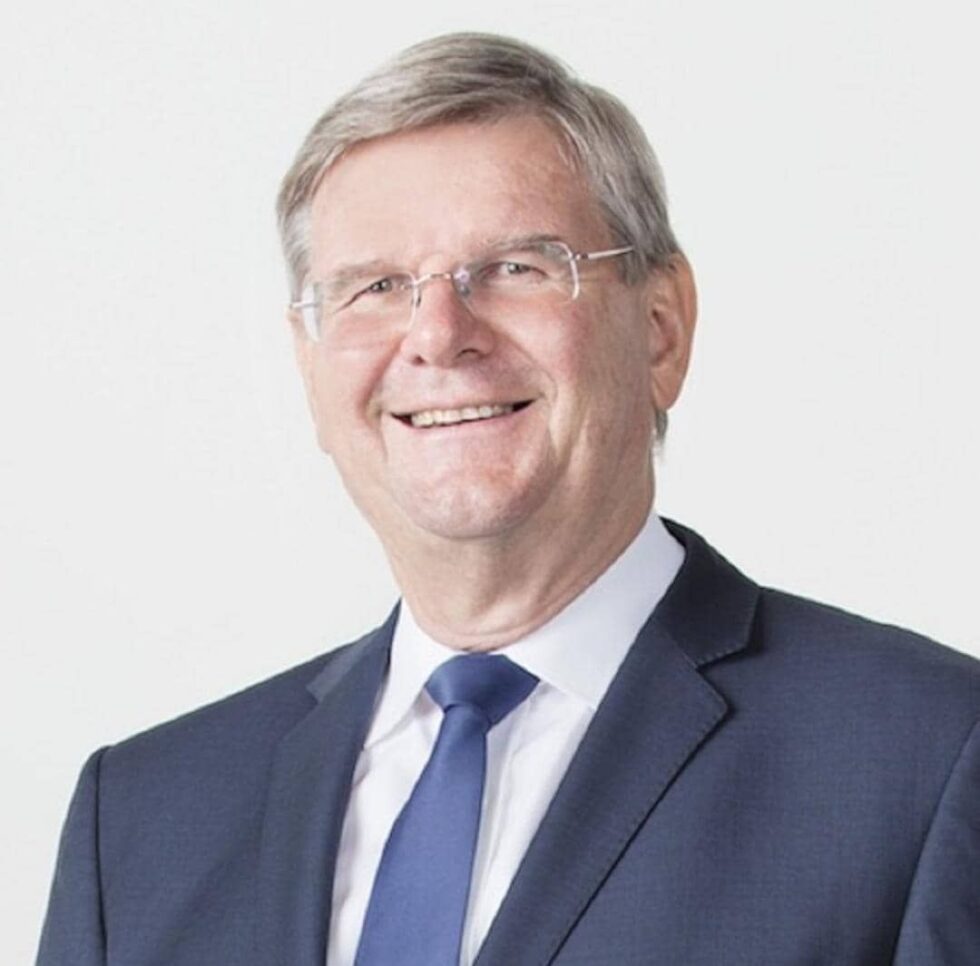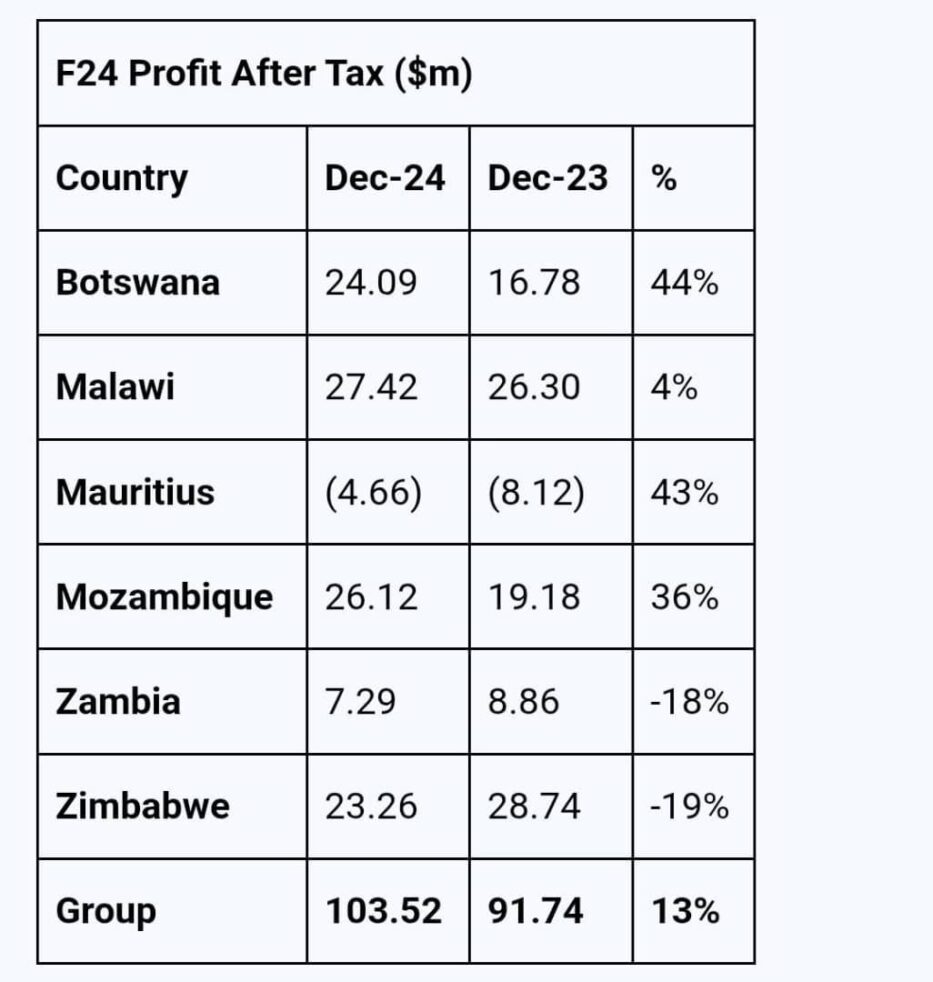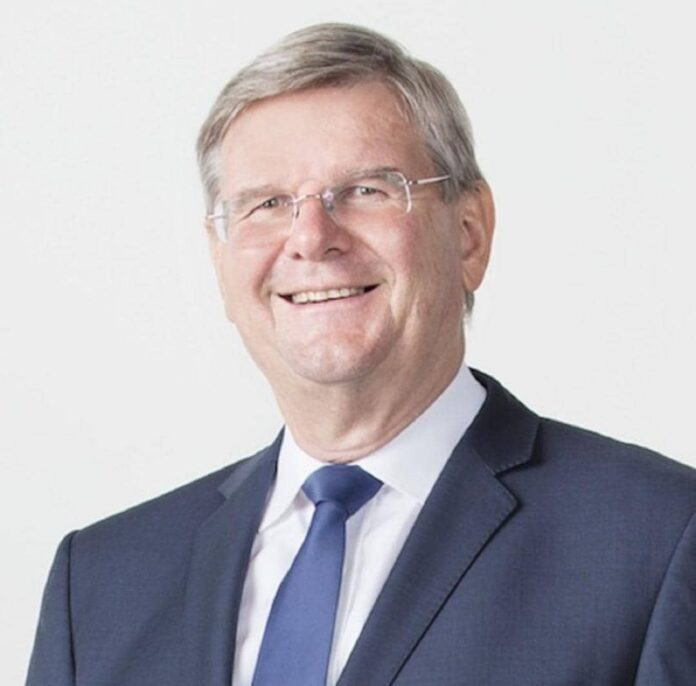By Linda Kwanjana
Strong performances by the First Capital Bank (FCB) franchises in Botswana, Malawi, Mozambique and Zimbabwe, all achieving profits in excess of $20m, underpinned the full year results of regional banking group FMBCH.
Together, the Group reported a 13% increase in profit after tax (PAT) to $103.5m in the financial year ending 31 December 2024.
The increase in profit would have been even greater had it not been for the restatement of the 2023 financial results due to the change in the functional currency in Zimbabwe. FMBCH had previously reported its after tax earnings at $78.74m, which would have translated to a 31.4% increase.

“Profitability has hit the $100m mark and these results once again underscore FMBCH’s status as a hard currency hedge,” Cedar Capital CEO Armstrong Kamphoni said in an interview.
“While Malawi’s profit was up 4% when translated from kwacha to dollars at the official rate, which is unchanged from a year ago, Botswana and Mozambique put in fantastic performances to underpin the group result,” added Kamphoni.
Botswana reported the highest year-on-year profit growth in the group, with PAT up 44% at $24.09m as a result of payroll lending and syndicated lending, followed by Mozambique with a 36% rise to $26.12m, which Kamphoni noted was impressive given the political turmoil there in the final quarter of 2024.
“Despite the fallout after the October election, FCB Mozambique had a better second half whereas it would seem FCB Botswana’s performance slowed as it posted a 58% rise in PAT at the interim results. Zambia dragged on group performance, but in part that was due to a weak kwacha, which fell to all-time lows during 2024,” remarked Kamphoni.
Kamphoni said FMBCH’s geographical spread was a major enabler for the group and commentary accompanying the results noted as much, pointing out “four of our five banks individually achieved PAT in excess of $20m”.
FMBCH’s final dividend declaration is still pending, after the group made an interim payout of 0.21 US cents per share.
While net interest income for the group remained robust at $166.5m (F23: $136m), non-funded income dropped marginally to $111.8m from $121.1m as net gains on forex transactions dipped to $52.4m from $59.1m.
Kamphoni speculated this was probably due to the situation in Malawi. Expenses were well-controlled at $126.7m, an increase of 9% during high inflationary periods in all markets.
It was also noted that FMBCH’s group balance sheet had exceeded $2bn, a solid increase of 36% as customer deposits rose 38% in the year.
FMBCH remained cautious about lending, with loans and advances rising 8% to $772.1m, while funds were invested in money market instruments, which showed a rise of 115% to $470.9m.
FCB Zimbabwe’s 19% contraction in PAT to $23m came after the functional currency adoption restatements. These restatements recognised a higher F23 profit than previously reported ($28.7m compared to $15.7m) and $15m lower in other comprehensive income. As a result, the restatements reduced closing net assets by $2m.
FCB Zimbabwe reported a strong rise in net interest income and the group onboarded 70 000 new customers in the year, with 80% signing up on the digital platform. However, the new ZiG currency was devalued by nearly 100% in September and there was organisational restructuring as FMBCH continued to realign the formerly Barclays Zimbabwe operation to the FMBCH model.
The FinX newswire, analysing FCB Zimbabwe’s results, said F24 was “a year of pruning – painful, intentional, and perhaps overdue. In doing so, FCB has laid a foundation not just for growth, but for sustainable, risk-aware relevance in Zimbabwe’s transforming financial sector.”
Commenting on the results, FMBCH Chairman, Terence Davidson, said; “We will continue to pursue prudent market share growth across all markets, while remaining open to expansion opportunities that align with our long-term growth strategy.”




